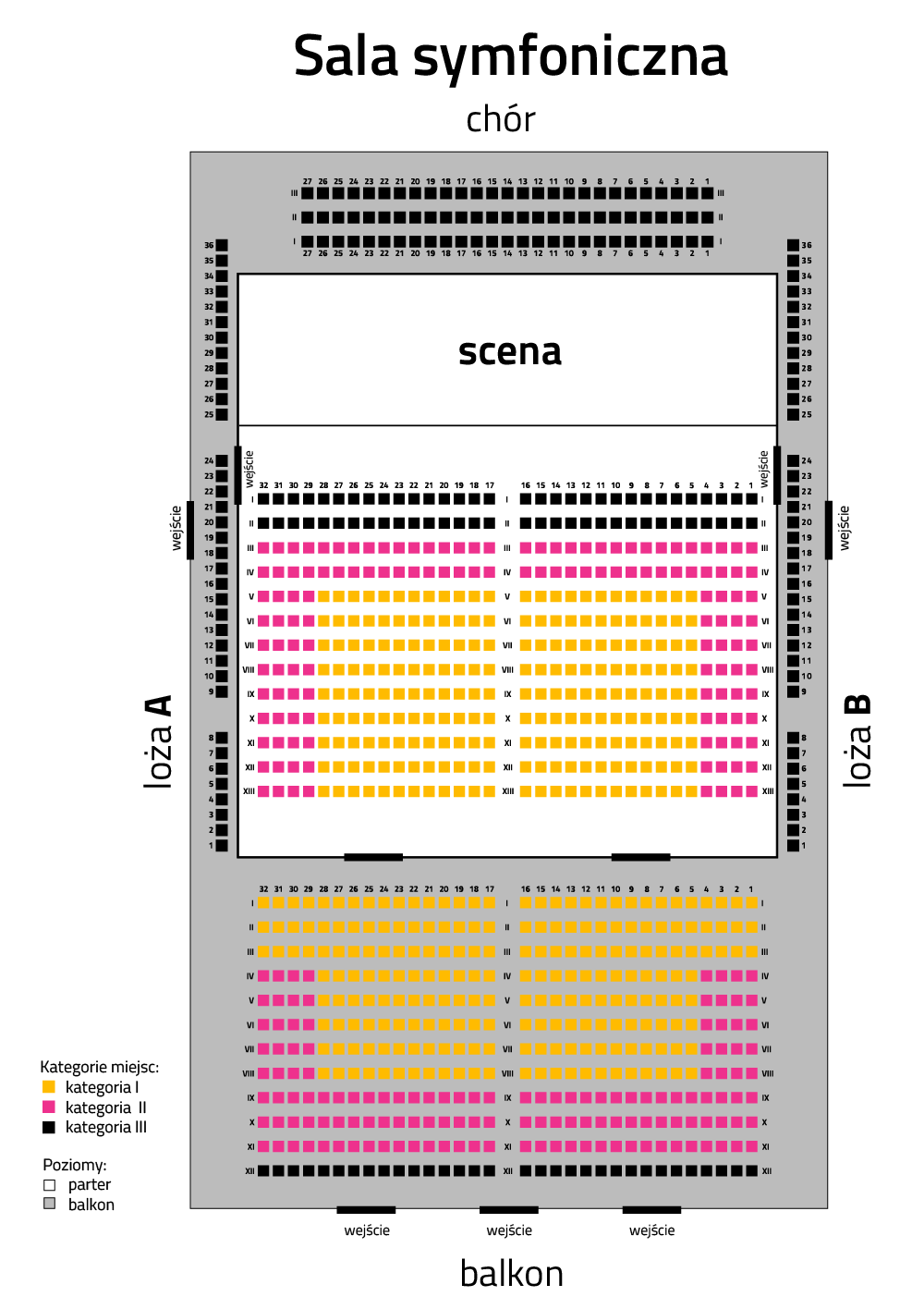Film music from the utilitarian genre, serving only to embellish film images, has in recent years become a completely independent trend, and at the same time become extremely popular among listeners. The idiom of film music derives its pedigree, paradoxically, from European classical music, as many classically educated composers in Europe traveled to Hollywood in search of happiness and fame, such as Erich Wolfgang Korngold, Dimitri Tiomkin, Miklós Rózsa. The heir to the film style created by them is John Williams, one of the greatest contemporary film music makers, and multiple Oscar winner in this field.
Apart from the original soundtracks, the cinema liked to reach for classics, with some of the compositions used in the films more often associated with the film scene than the composer's name. For example, Richard Strauss's "Also sprach Zarathustra", when listened to, fragments of Stanley Kubrick's "Space Odyssey" appear before our very eyes, or Richard Wagner’s “Ride of the Valkyries" immediately evokes associations with "Apocalypse Now" by Francis Ford Coppola. Wagner's music appears very often in the cinema – the Prelude and the "Liebestod" scene from the musical drama "Tristan and Isolde" became the background for the melancholy end of the world in the view of Lars von Trier in the movie "Melancholy."
One of the most frequently used works of classical music in the cinema is Samuel Barber's "Adagio for Strings", which appears in nearly thirty films and series, including "Elephant Man", "Platoon", "Lorenzo’s Oil". Adagio, being the second movement of the String Quartet Op. 11 from 1936, gained its own life two years later when Barber instrumented the composition for string orchestra, and the premiere of that version was made by Arturo Toscanini with the NBC Symphony Orchestra. This work has been performed during many funeral ceremonies for famous figures. It is no wonder that over a dozen years ago Adagio won a plebiscite for the "saddest song in the world", as announced among the listeners by the radio station BBC.
Exhibition available during event:
Niepokorność dalekich dróg | Zofia RydetTwórczość Zofii Rydet bywa współcześnie, zbyt pochopnie, oceniana przez pryzmat cyklu: “Zapis socjologiczny”, którego wartość wywodzi się z narracji właściwej dla społecznie zaangażowanej sztuki krytycznej, abstrahując od wartości artystycznej samych prac w nim zawartych. Nie ufajmy jednak zbytnio teoretykom, są często jak jętki żyjące chwałą jednego dnia. Na wystawie będziemy mogli zobaczyć inne prace Zofii Rydet, z cyklu: “Nieskończoność dalekich dróg”, “Świat uczuć i wyobraźni”, które w swej profetyczności są jak baśniowe teodycee, będące przeczuciem naiwnej epifanii współczesnego eklektycznego świata. I jeżeli te cykle możemy uznać za wyraz estetycznego i formalnego buntu, to kobiece portrety zawarte w cyklu „Czas przemijania“ są jak modlitwa, która nie szuka odpowiedzi na cierpienie zawarte w przemijaniu, ale uważnie go doświadcza. Sztuka Zofii Rydet jest komplementarna jako wyraz twórczej postawy. I poprzez to otwiera w nas przestrzeń na dialog z pięknem i ontologią ukrytą w codzienności, w jej najprostszych przejawach.
Oficjalnym partnerem Filharmonii w Szczecinie jest Dealer BMW Bońkowscy.
Oficjalny partner Filharmonii

DETAILS
John Williams | Richard Wagner
10-05-2019 19:00

Symphony HallFilharmonia im. Mieczysława Karłowicza w Szczecinie
ul. Małopolska 48
70-515 Szczecin


